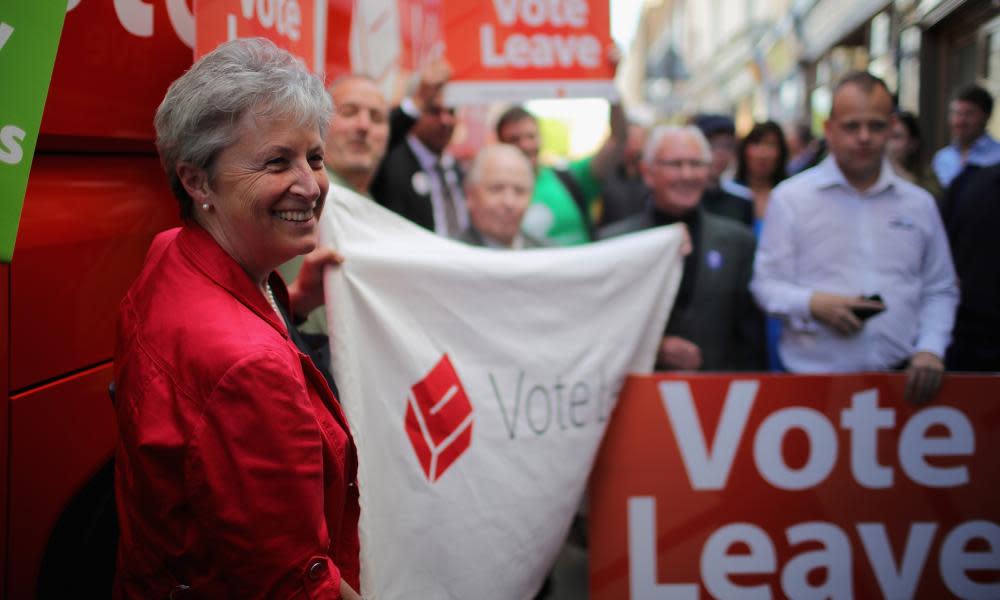Labour must not betray leave voters over Brexit

The EU referendum forced us to acknowledge that people in large sections of the UK had lost faith in political parties and the Westminster elite. While for some, closer integration with the EU had brought greater prosperity, many leave voters felt their jobs becoming under threat, their prospects and those of their children narrowing and the public services they rely on coming under growing strain. The vote in the EU referendum was a fundamental rejection of what our membership of the EU had become, and was an indictment of the failure of successive EU and UK leaders to listen to the concerns of ordinary voters.
On Tuesday the shadow Brexit secretary, Keir Starmer, to a standing ovation, moved Labour towards being the party of remain. He said Labour would support a second referendum on EU membership which could overturn the 2016 vote. It is hard to know where to begin. Working-class voters across the UK overwhelmingly voted leave. Research during and after the campaign shows they wanted the UK to take back control of its borders, laws, money and trade – something that even the Chequers deal fails to deliver.
But instead of seizing the opportunity to turn against Chequers, the Labour party is turning against its traditional voters. They had been drifting away from Labour since 2005, but in 2017 some returned at least in part because Labour’s manifesto said it would respect the result of the referendum.
To hold a second referendum before the first one has even been implemented does not in any way respect the result of the people’s vote. More than 17 million voted to leave the EU, with a margin of victory of 3.8%. The vote was a rational outcome based on a year of exhaustive debate – just as rational a choice as the 1997 referendum on Welsh devolution that had a turnout of 50.2% and a winning margin of 0.6%. To have overturned that result before it was implemented would have been unthinkable.
And yet this is where Labour finds itself. In 2017, the three parties that stood on a remain manifesto or that pledged to hold a second referendum – the SNP, Green party and Liberal Democrats – each saw their share of the vote decline. As Prof John Curtice pointed out last week, there is no consistent evidence of a shift in support for a second referendum and polling shows no fundamental change in public opinion on Brexit. Last week polling showed that voters in the 25 most marginal Labour constituencies are opposed to a second referendum, and that 19 of those seats would be lost if Labour tried to stop Brexit.
As the party of remain, Labour will turn its back on the concerns of millions of its traditional voters and will have chosen, scornfully, to ignore the largest democratic vote in this country’s history. That is a very strange and worrying position for the Labour party to be in.
A decision was made to leave the EU. Two-thirds of Labour MPs represent constituencies that voted to leave; one-third represent constituencies that voted to remain. This is obviously a difficult decision, but as democrats we in the Labour party have to accept the result.
This is a conclusion that Keir Starmer came to in 2017. There is no reason to change that now.
• Gisela Stuart is chair of Change Britain and the former Labour MP for Birmingham Edgbaston

 Yahoo News
Yahoo News 
